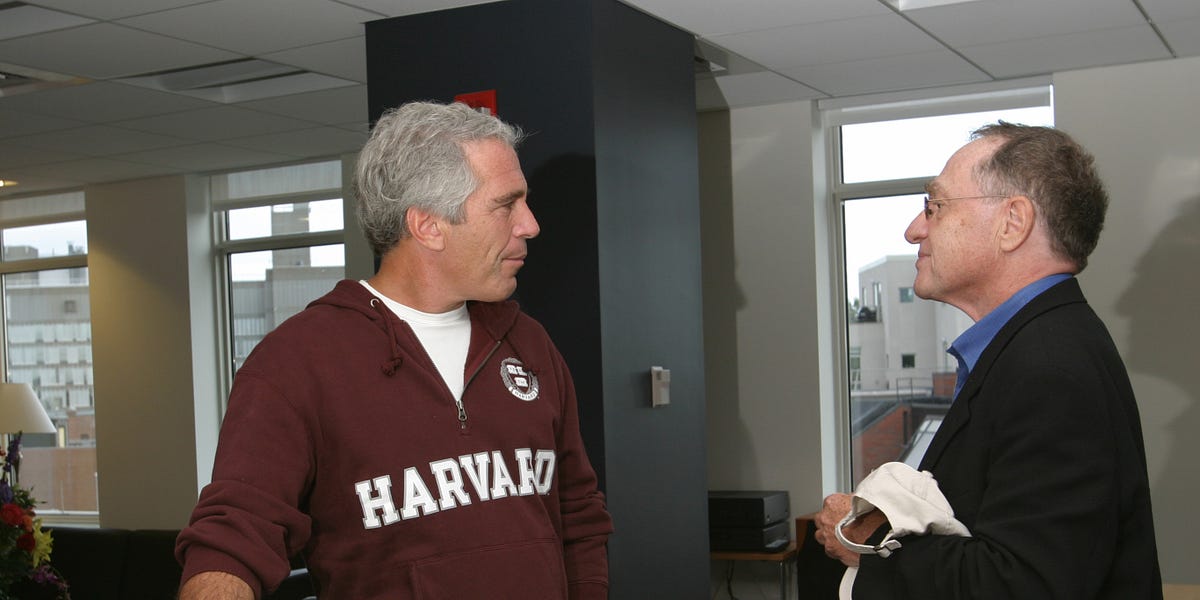In March 2006, the Harvard Kennedy School published a working paper, “The Israel Lobby and U.S. Foreign Policy,” by influential political scientists John Mearsheimer and Stephen Walt. The paper, which ran in the London Review of Books and became the basis for a book published the following year, was an unflinching analysis of the impact of pro-Israel advocacy and lobbying groups on the U.S. political system, and the role of organizations like the American Israel Public Affairs Committee (AIPAC) in shaping U.S. foreign policy towards the Middle East.
Mearsheimer and Walt described a loose coalition of philanthropists, think tanks, advocacy groups, and Christian Zionist organizations that routinely pulled U.S. policy toward the Middle East away from America’s national interest, as the U.S. was being drawn into a military quagmire in Iraq.
Even before the Kennedy School posted the paper online, the project had already spooked editors at The Atlantic, who originally commissioned the essay in the early 2000s. In an interview with Tucker Carlson earlier this year, Mearsheimer revealed that the editor of The Atlantic offered them a “$10,000 kill fee” if the publication didn’t print the article. Mearsheimer said, “That’s the fastest $10,000 we ever made.”
Unknown at the time, Jeffrey Epstein gave feedback on talking points to discredit Mearsheimer and Walt, and used his extensive social network to circulate allegations of anti-semitism against the two scholars. Details of Epstein’s role in the backlash to the “Israel Lobby” paper come from a trove of emails obtained by the non-profit whistleblower organization Distributed Denial of Secrets and provided to Drop Site News.



No! Not these Epstein files!! The other ones!